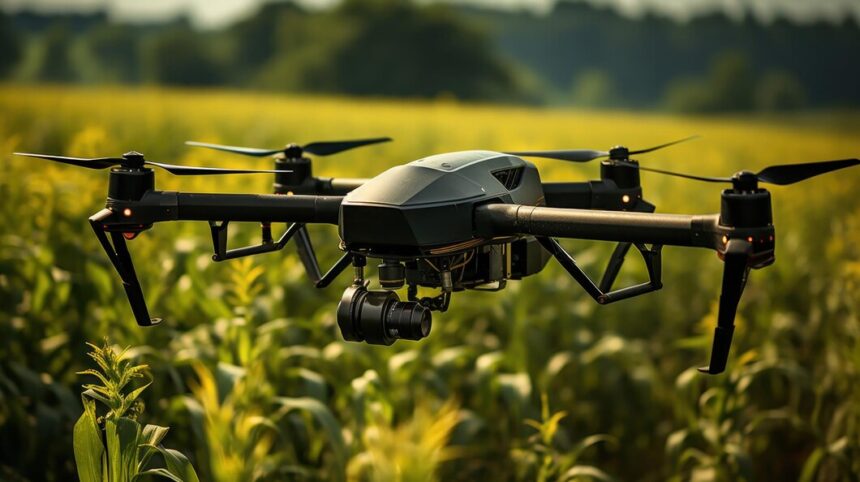As South Africa faces numerous challenges in its agricultural sector, including water scarcity, soil degradation, and inefficient farming practices, the adoption of agricultural technology (agri-tech) presents promising solutions. Here are ten innovative ways agri-tech can help solve traditional farming problems in South Africa.
1. Precision Agriculture
Precision agriculture utilizes GPS technology and sensors to monitor crop health and soil conditions in real time. By applying fertilizers and pesticides only where needed, farmers can reduce costs and environmental impact while increasing yields. This targeted approach is especially useful in the diverse climates of South Africa.
2. Drones for Crop Monitoring
Drones equipped with cameras and sensors can provide farmers with detailed aerial imagery of their fields. This technology enables farmers to monitor crop health, identify pest infestations, and assess irrigation needs, allowing for timely interventions that can enhance productivity.
3. Soil Health Management
Agri-tech solutions, such as soil sensors and data analytics, can help farmers monitor soil moisture, pH, and nutrient levels. By understanding soil health, farmers can implement sustainable practices that improve soil fertility and reduce reliance on chemical fertilizers.
4. Water Management Systems
Given South Africa’s water scarcity, smart irrigation systems that use weather data and soil moisture sensors can optimize water usage. These systems ensure that crops receive the right amount of water at the right time, conserving resources and improving crop resilience.
5. Mobile Farming Apps
Mobile applications can provide farmers with essential information on weather forecasts, market prices, and best practices. These apps can also facilitate access to financial services, enabling smallholder farmers to manage their operations more effectively.
6. Blockchain for Supply Chain Transparency
Blockchain technology can enhance traceability and transparency in the agricultural supply chain. By recording every transaction on a decentralized ledger, farmers can ensure fair pricing, reduce fraud, and improve food safety, ultimately benefiting both producers and consumers.
7. Genetic Engineering and Biotechnology
Innovative biotechnological approaches can develop crop varieties resistant to pests, diseases, and climate stresses. By investing in genetically modified organisms (GMOs) and hybrid seeds, South African farmers can improve food security and adapt to changing environmental conditions.
8. Integrated Pest Management (IPM)
Agri-tech solutions can support IPM strategies by utilizing data analytics to predict pest outbreaks and recommend preventive measures. This approach minimizes chemical use and promotes sustainable pest control, safeguarding both crops and the environment.
9. Vertical Farming and Hydroponics
With limited arable land and water resources, vertical farming and hydroponic systems offer alternative methods for producing food. These technologies enable year-round crop production in urban areas, reducing transportation costs and providing fresh produce to local markets.
10. Training and Education through E-Learning Platforms
E-learning platforms can provide farmers with access to training programs on modern farming techniques, agri-tech tools, and sustainable practices. By enhancing farmers’ skills and knowledge, these platforms can empower them to adopt innovative solutions and improve their livelihoods.
The integration of agri-tech in South African agriculture offers a pathway to overcoming traditional farming challenges. By leveraging technology to enhance productivity, sustainability, and resource management, farmers can contribute to a more resilient agricultural sector. Embracing these innovations is essential for ensuring food security and economic growth in the face of an evolving climate and demographic pressures.
Join 'Farmers Mag' WhatsApp Channel
Get the latest Farming news and tips delivered straight to your WhatsApp
CLICK HERE TO JOIN






